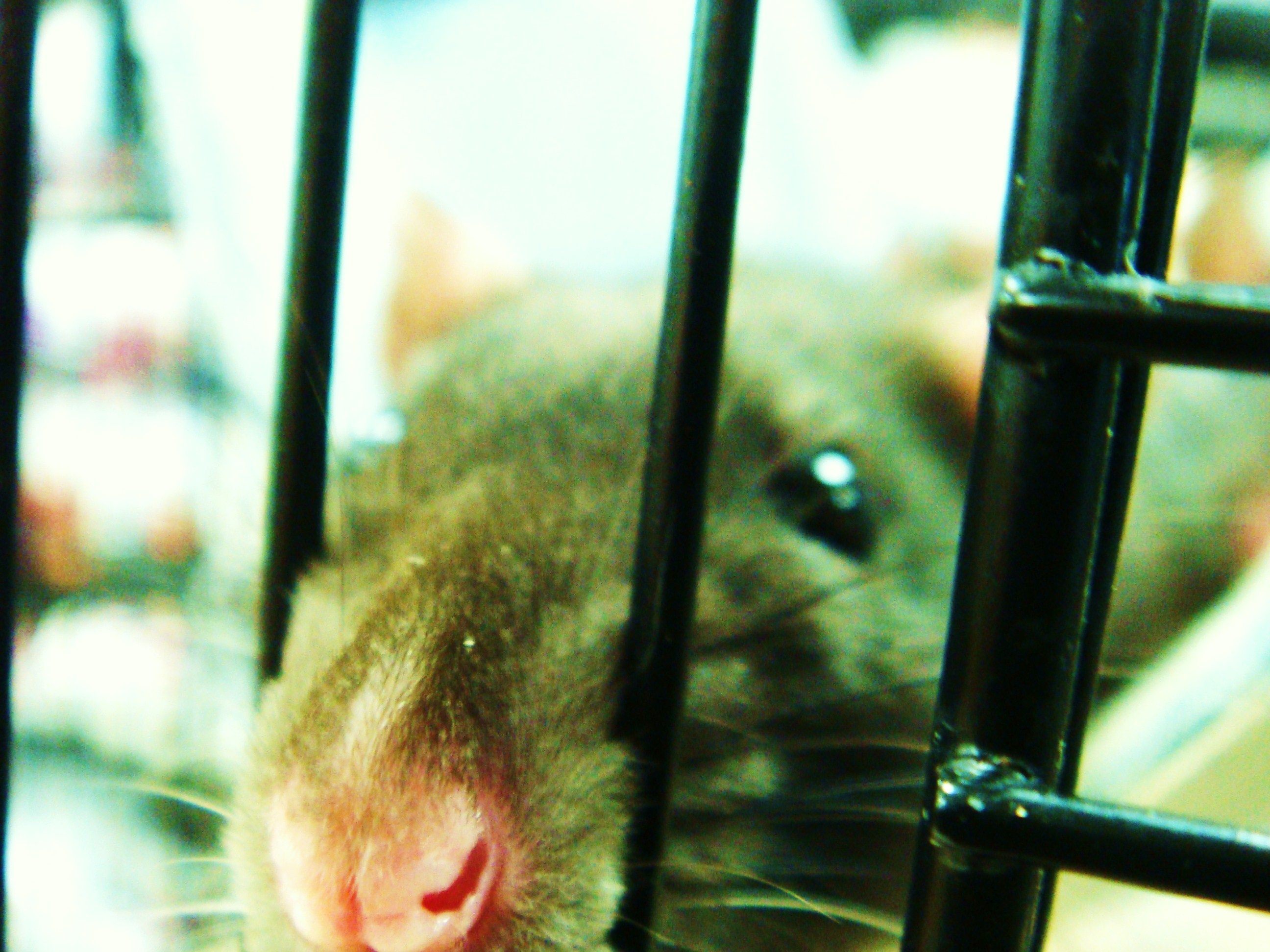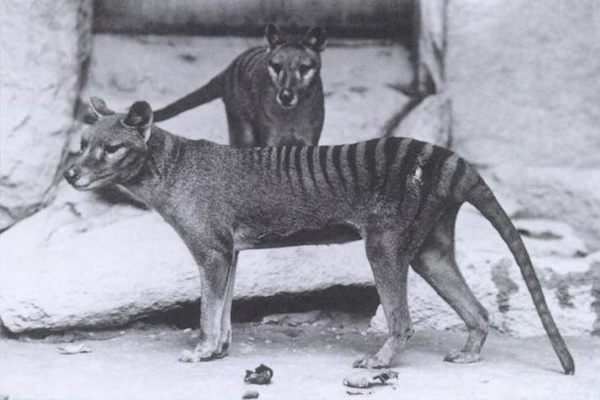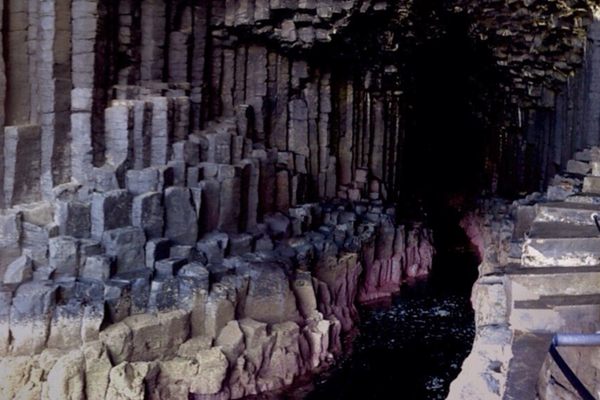New Zealand’s Quixotic (Perhaps) Mission to Kill Every One of Its Rats
The country wants its birds back.

Thousands of years ago—when humans weren’t a threat to the Earth and invasive species couldn’t stow away on ships, enter foreign lands, and destroy many of the things that made those lands unique and beautiful—all sorts of distinct native birds flourished on the islands that now constitute New Zealand.
Today, more than 40 of those unique species are extinct, thanks to humans. We hunted them, destroyed their habitats, and, maybe most importantly, introduced rats and opossums and stoats—a type of weasel—which slaughtered the birds, many of which, the Associated Press says, “gave up flight altogether to strut about the forest floor.” The 40-odd surviving native bird species struggle on.
Now, the government and activists have come up with a solution: kill all the rats and opossums and stoats, every last one of them, to protect what’s left and, possibly, bring back some that are thought to be lost. (There are still sightings, for example, of the South Island kokako, which may or may not be extinct.) “It’s about looking after our identity as much as it is looking after the birds,” Paul Ward, the head of a volunteer pest control group, told the AP, in an article that’s very much worth your time.

The government has earmarked tens of millions of dollars for the project, though it’s thought the final cost will be in the billions. And that’s not to mention the sheer enormity of the challenge: How does one eradicate an estimated 30 million opossums and an untold number of rats and stoats?
No one knows, but a number of methods are being employed and considered, from traps to poisons to changing the pests’ genetic makeup. Despite the considerable effort, there are (understandably) skeptics, who argue primarily that the task is impossible. “It’s a fantasy science fiction,” Wayne Linklater, a wildlife biologist at the Victoria University of Wellington, told the AP.
Still, any birds reading this, just know that New Zealand is trying. Humans, if you can believe it, have done a lot worse.




















Follow us on Twitter to get the latest on the world's hidden wonders.
Like us on Facebook to get the latest on the world's hidden wonders.
Follow us on Twitter Like us on Facebook